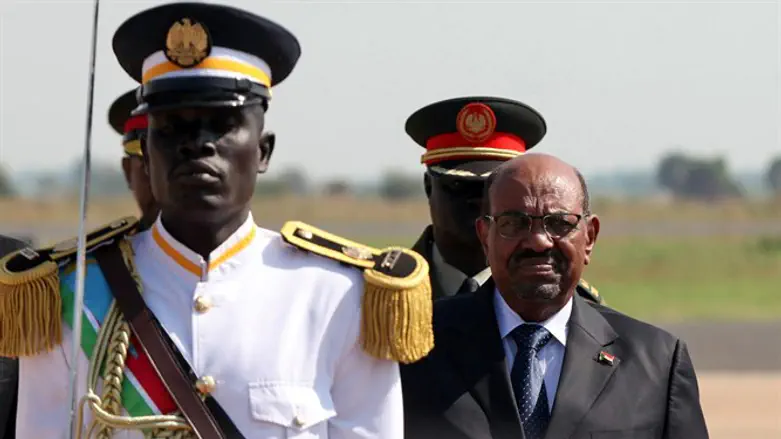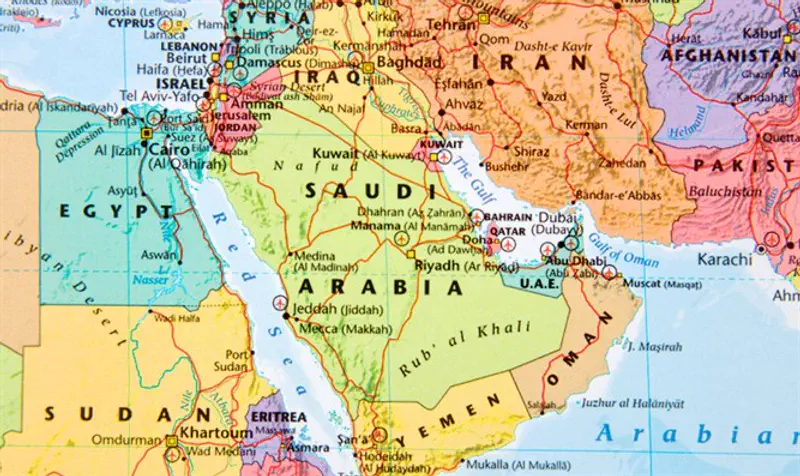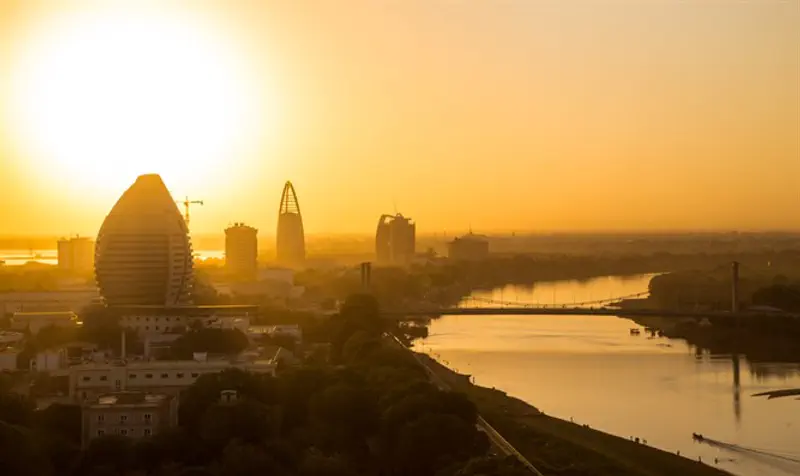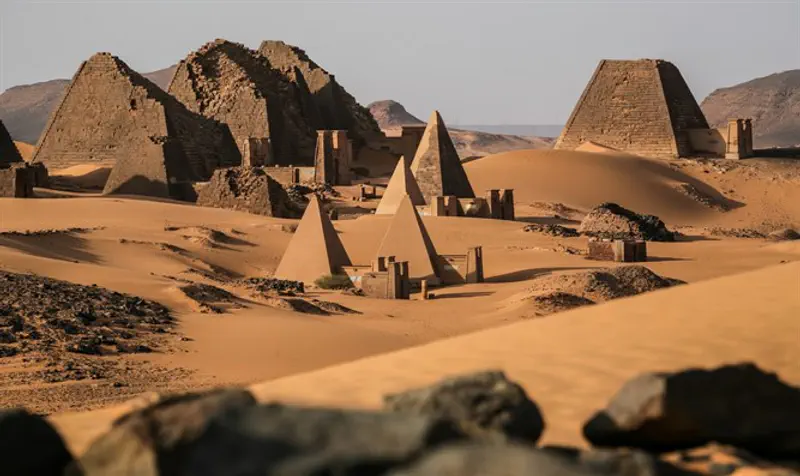
A special Foreign Ministry envoy met secretly in Istanbul last year with senior Sudanese government officials in an attempt to renew dialogue between the two countries, reports News 10 from a foreign source who was updated on the details of the meeting, but asked to remain anonymous.
The Israeli diplomat who took part in the meeting is Bruce Kashdan, a veteran diplomat who served since the early 1990s as a special Foreign Ministry envoy to the Gulf states and is currently serving as a special envoy on Sudan. Most of Kashdan's work in the last three decades has been with countries with which Israel has no diplomatic relations and operates with a very low media profile to the point of total secrecy.
The foreign source, who was updated on the details of the contacts between Sudan and Israel, said that Kashdan met about a year ago with a group of Sudanese officials, headed by one of the close aides of then Sudanese intelligence head Mohammed Atta. The latter, who was appointed a few years ago by Sudanese President Omar al-Bashir as the holder of the "Israeli file" was appointed a few months ago as Sudanese ambassador to the United States.
The secret meeting took place in Istanbul in the office of a Turkish businessman close to Sudanese President Omar al-Bashir. According to the foreign source, during the meeting the two sides discussed warming relations between Israel and Sudan and Israeli aid to the poor country in the fields of economy, health, and agriculture.
Foreign Ministry spokesman Emanuel Nachshon would not deny the details and said: "No comment."

Sudan is not defined in Israeli law as an enemy state, but there is long-standing hostility between the two countries and they do not maintain diplomatic relations. According to Sudanese law, Israel is the only country in the world where Sudanese citizens are not allowed to enter. For many years, Sudan hosted a Hamas headquarters and was a military and political ally of Iran and Hezbollah.
Iran has used Sudan as a base for arms smuggling into Gaza for years, and even established near the capital Khartoum a huge long-range rocket manufacturing plant for Hamas and Islamic Jihad. Between 2008 and 2014, there were several air strikes in Sudan, hitting arms convoys en route to Gaza, an Iranian warship anchored in Port Sudan, and the rocket factory. The Sudanese government attributed all attacks to Israel, which did not confirm responsibility.
From the end of 2014 Sudan began to cool its relations with Iran against the backdrop of heavy pressure from Saudi Arabia. The Sudanese deported the Iranian Cultural Attaché at the embassy in Khartoum and closed several Iranian cultural centers operating in the country. Subsequently, Sudan joined the coalition established by Saudi Arabia to fight the rebels in Yemen, and in January 2016 completely cut off its diplomatic relations with Iran following the attack on the Saudi embassy in Tehran.
At the beginning of 2016, a lively public debate began in Sudan about the possibility of normalizing relations with Israel. The issue was also discussed at the Sudanese National Dialogue Conference - a framework that includes all parties and factions in the country including the Sudanese army, aimed at ending the nation's internal conflicts. As part of discussions on Sudan's foreign relations in January, a number of party leaders supported the possibility of changing attitudes toward Israel and normalizing relations with Israel as part of an attempt to move closer to the United States and lift economic sanctions imposed on the country.
In September 2016, Haaretz revealed that in light of the Sudanese withdrawal from Iran, Israel turned to the United States and several European Union countries and encouraged them to improve their relations with Sudan and to take gestures towards it, especially in the economic sphere. Senior Israeli officials said at the time that the Israeli message to the United States and European countries was that Sudan's positive measures should not be ignored, and that one of the measures Israel proposed to several European countries was to help Sudan deal with its huge $50 billion debt, with the option to delete some of them.
President Omar al-Bashir, who has ruled the country since the 1989 military coup, is one of the world's notorious tyrants. In 2009, he was indicted on charges of crimes against humanity and war crimes in Sudan's Darfur region, where Sudanese forces murdered hundreds of thousands of African tribesmen. The judges ruled that al-Bashir, the first incumbent leader against whom such an order had been issued, was "suspected of directing a large number of civilians in Darfur to murder, exterminate, rape, torture, and forcefully displace a large number of civilians and pillage their property."

